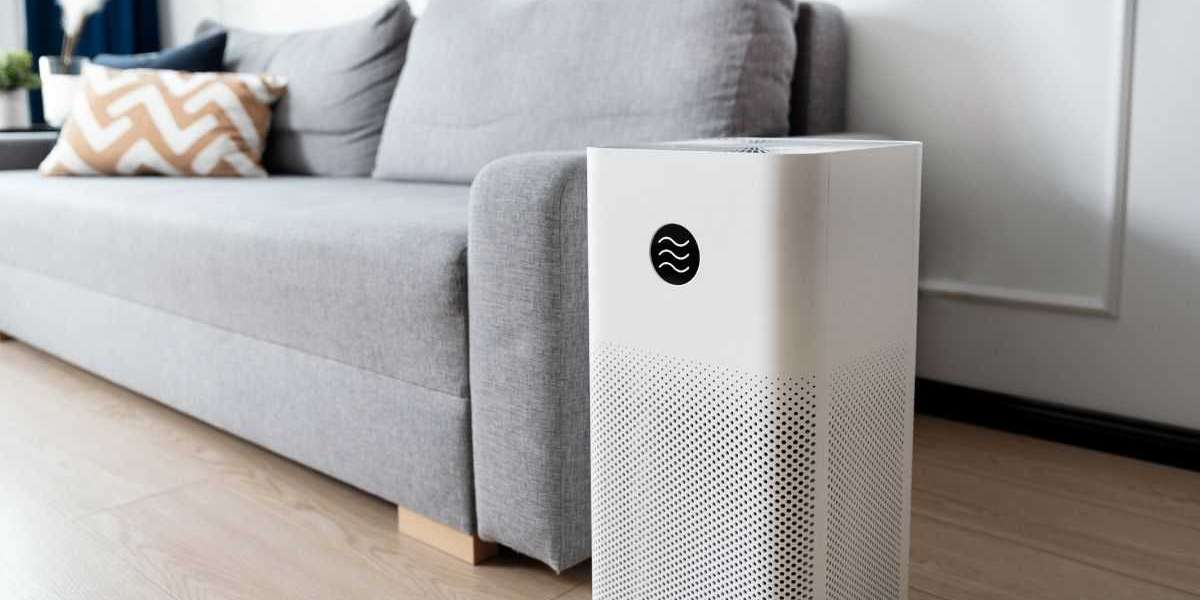Microwave ovens have become a ubiquitous appliance in modern kitchens, offering convenience and efficiency in cooking and reheating food. However, concerns about microwave safety, particularly regarding potential health risks, have led to questions about their use in health-conscious households. In this article, we'll explore common microwave safety concerns and provide tips for navigating them while maintaining a health-conscious approach to cooking.
Understanding Microwave Safety Concerns
Radiation Exposure
One of the most significant concerns surrounding microwave ovens is radiation exposure. Microwaves emit electromagnetic radiation, which is absorbed by food and converted into heat, cooking or reheating it quickly. While microwave radiation is non-ionizing and considered safe for cooking, some people worry about potential health effects from prolonged exposure.
Chemical Leaching
Another concern is the potential for chemicals to leach into food from microwave-safe containers or packaging. Certain plastics, paper products, and coatings may contain chemicals that can migrate into food when exposed to heat. This has raised concerns about the safety of microwaving food in plastic containers or using plastic wrap.
Nutrient Loss
There is also a perception that microwaving food may lead to nutrient loss, reducing the nutritional value of cooked meals. Some people believe that microwave cooking destroys vitamins, minerals, and other beneficial compounds in food, leading to concerns about the healthfulness of microwave-prepared meals.
Navigating Microwave Safety for Health-Conscious Cooking
Use Microwave-Safe Containers
To minimize the risk of chemical leaching, use microwave-safe containers and cookware when heating or cooking food in the microwave. Look for containers labeled as microwave-safe or made from materials such as glass, ceramic, or microwave-safe plastics. Avoid using containers or packaging that are not specifically designated for microwave use.
Choose BPA-Free Containers
When selecting plastic containers for microwave use, choose those that are labeled as BPA-free. Bisphenol A (BPA) is a chemical commonly found in plastics that has been linked to health concerns, including hormone disruption. Opting for BPA-free containers reduces the risk of exposure to this potentially harmful chemical.
Minimize Plastic Use
Whenever possible, avoid microwaving food in plastic containers or using plastic wrap. Instead, opt for glass or ceramic containers, which are inert and do not release harmful chemicals when heated. By minimizing plastic use in the microwave, you can reduce the risk of chemical leaching and promote health-conscious cooking practices.
Maintaining Air Quality with Microwave Filters
The Role of Filters
In addition to addressing concerns about food safety, maintaining air quality within the microwave is essential for health-conscious cooking. Filters play a crucial role in trapping grease, smoke, and other airborne particles produced during cooking, ensuring clean air circulation within the appliance.
Grease Filters
Grease filters are designed to capture grease and other airborne particles produced during cooking, preventing buildup on internal components and maintaining airflow. Regular cleaning of grease filters is necessary to prevent odors and ensure proper ventilation.
Charcoal Filters
Charcoal filters, also known as carbon filters, are effective at removing odors and absorbing volatile organic compounds (VOCs) from the air. These filters help eliminate food odors and improve air quality during cooking. Depending on the microwave model, charcoal filters may need to be replaced periodically to maintain their effectiveness.
Conclusion
While microwave ovens offer convenience and efficiency in cooking, addressing safety concerns is essential for health-conscious individuals. By using microwave-safe containers, minimizing plastic use, and understanding the role of filters in maintaining air quality, you can navigate microwave safety concerns while promoting health-conscious cooking practices. For more information on microwave safety and maintenance, including the role of filters, check out Microwaves Have Filters for valuable resources and insights.











